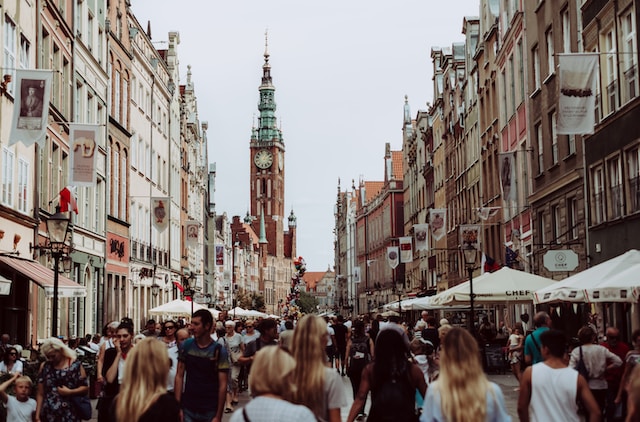While transitioning from the realm of labor to the domain of pleasure, retirement can be both a period of ease and anxiety. If you are retired, you can learn here about a variety of advice and government programs that will enable you to relish your newfound life to the fullest.
Retirement in Hong Kong does not require a specific visa. Typically, you must apply for the visa through the “Entry for Residence as Dependants in Hong Kong” or “Capital Investment Entrant Scheme.”

Mandatory Provident Fund (MPF) Benefits
Generally, after you reach the withdrawal age of 65, you can collect and receive your MPF earnings. Given particular conditions, such as retiring early and emigration from Hong Kong permanently, earlier withdrawal is permitted. You can submit a signed statement for collection of Accrued Payments to your program director together with a photocopy of your id card if you are qualified to collect your MPF funds right away.
Your previous employer may request the MPF administrator to take a suitable proportion of your MPF earnings to offset any long service that was provided to you before your resignation.
If you choose to take early retirement at age 60, you might think about working part-time. According to the MPF Plans Act, regardless of whether a worker is hired full-time or part-time and has worked for at least 2 months, they must be enrolled in an MPF plan by their company. Please keep in mind that workers are eligible for compensation under the Labor Act regardless of whether they are classified as full-time or part-time workers.
Retiring in Hong Kong: some advice
Concentrate on the benefits of retirement
While losing your work identity and constant earnings may be a drawback of retirement, there are benefits as well. As a participant in community movements, you will slowly take a new identity and spend your free time alone or with your spouse.
Getting a head start on planning your golden days is a journey that needs in-depth preparation and progressive behavioral change. You can adapt to your superannuated lifestyle by reevaluating your objectives and aspirations concerning your standard of life, medical services, finances, home life, and other hobbies. You can read books about saving and you can talk to your partner, relatives, and acquaintances about your hopes and concerns.
Taking part in social interactions bolsters current friendships. Join hobby programs, organizations, or senior centers to meet new people and grow your social circle. Take action to create and keep up reputable partnerships. Never cut yourself off.
Keep the cost of living in mind
Depending on how lavishly you want to live, you should budget between HK$30,000 and HK$50,000 a year for additional living expenses, such as food, entertainment, transit, and personal things.
Activities for recreation, culture, and learning
You can further improve your retired life by participating in any number of recreational and community festivals that Hong Kong has to offer. They are frequently geared toward elderly people. You can have a fulfilling life after retirement with freshly defined meanings by making better use of your free time to engage in health-enhancing recreational activities like tennis, or enrichment activities.
Work Volunteering
The easiest approach to adjusting to retirement smoothly is to lead a busy life. Volunteering will enable you to stay busy in a meaningful way while also making a positive impact on society. The Organization for Volunteer Service provides a variety of volunteer work and places to participants according to their qualifications.
Maintaining Health
It’s crucial to keep both your body and your mind in good shape once you step down. When they are removed from the buzz of the professional world, some people experience depression. Aging is also accompanied by physiological shifts that cause new concerns, fears, and feelings of helplessness. The right approach to deal with these issues is to stay informed, adopt a positive outlook, and learn effective coping mechanisms.




